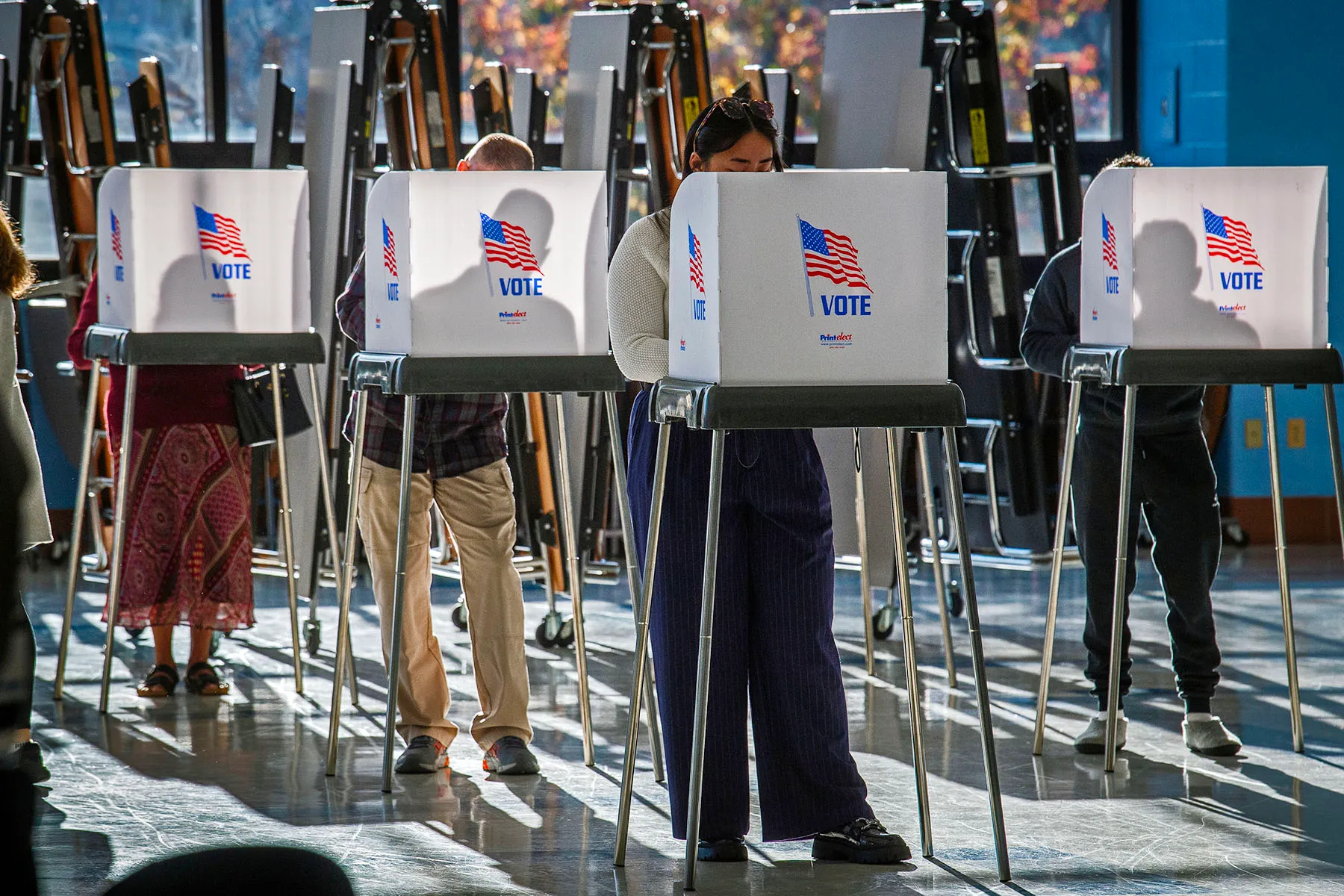

The House of Representatives recently passed a bill that has sparked controversy and concern among many Americans. The SAVE Act, which stands for Secure America's Voting Equipment Act, includes a provision that would require proof of citizenship documentation in order to vote. While proponents argue that this measure is necessary to prevent voter fraud, critics warn that it could have unintended consequences, particularly for married women.
Married Women Facing Potential Voting BarriersOne of the key provisions of the SAVE Act, recently passed by the House, is the requirement for proof of citizenship documentation to register to vote. While this may seem like a straightforward measure, it has raised concerns about its potential impact on married women. Historically, many married women have changed their last names, leading to discrepancies between their citizenship documents and voter registration information.
This discrepancy could result in married women facing barriers to voting if they are unable to provide the necessary documentation to prove their citizenship. This issue is particularly concerning given that voting is a fundamental right in a democratic society, and any barriers to this right must be carefully considered.
The potential consequences of this new requirement for married women could have far-reaching effects on their ability to participate in the democratic process. As the SAVE Act moves forward, it is crucial to closely monitor how this provision may impact married women and take steps to ensure that their right to vote is not unduly restricted.
Impact on Voter TurnoutThe potential impact of the SAVE Act on voter turnout cannot be understated. Married women, especially those who have changed their name after marriage, may face additional hurdles in obtaining the necessary documentation to prove their citizenship.
This requirement could result in disenfranchisement of a significant portion of the population, ultimately affecting the overall voter turnout in elections. It is essential to consider the potential consequences of such legislation on the democratic process and the representation of all citizens.
Furthermore, the burden of obtaining and providing proof of citizenship documentation falls disproportionately on certain groups, including women who have changed their name through marriage. This additional barrier to voting could have far-reaching implications for the political landscape.
Impact on Voter Turnout
According to Dr. Smith, an expert in voter demographics, the requirement for proof of citizenship documentation could lead to a decrease in voter turnout among married women. This demographic group may face additional barriers in obtaining the necessary documentation, leading to disenfranchisement and lower participation rates in elections.
Final ThoughtsThe passage of the SAVE Act by the House has sparked a contentious debate over voting rights, citizenship documentation, and the potential impact on married women. While supporters argue for election integrity, opponents raise concerns about disenfranchisement and barriers to voting. As this bill moves forward, the implications for married women and all voters remain a topic of significant interest and scrutiny.
It is clear that the SAVE Act has the potential to reshape the landscape of voter registration and participation in the United States. The ongoing discussion around this bill underscores the complexities and challenges inherent in balancing security measures with accessibility to the ballot box. As lawmakers and advocates continue to grapple with these issues, the future of voting rights for all Americans hangs in the balance.
Ultimately, the passage of the SAVE Act marks a pivotal moment in the ongoing conversation about democracy, citizenship, and the right to vote. The repercussions of this legislation, particularly for married women, will likely reverberate for years to come as the nation navigates the intersection of identity, documentation, and civic engagement.
Crime & Law
Amy’s background in investigative journalism brings a sharp eye to legal cases, law enforcement issues, and high-profile crime stories. Her work provides deep analysis of cases that shape justice and legal reform across the country.